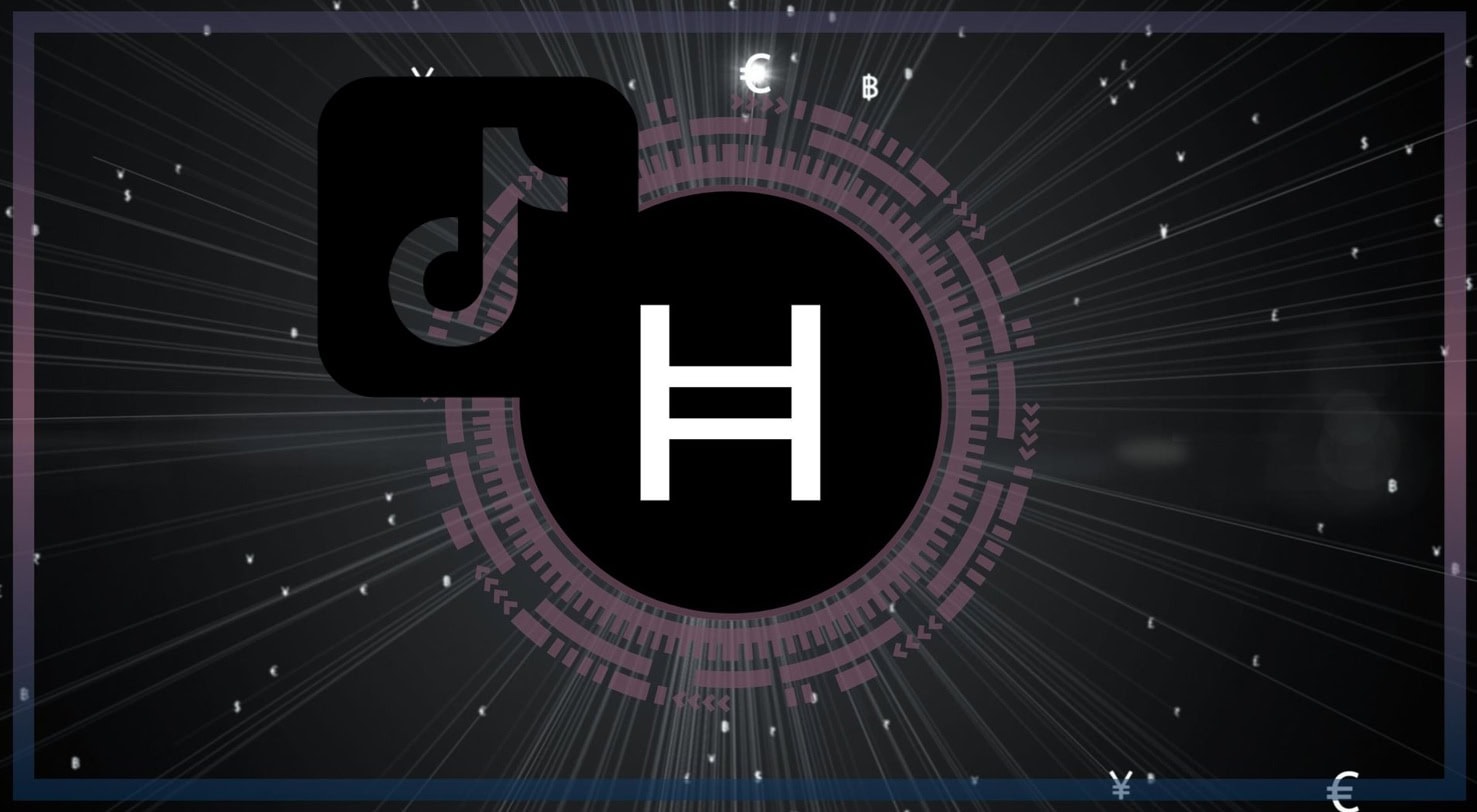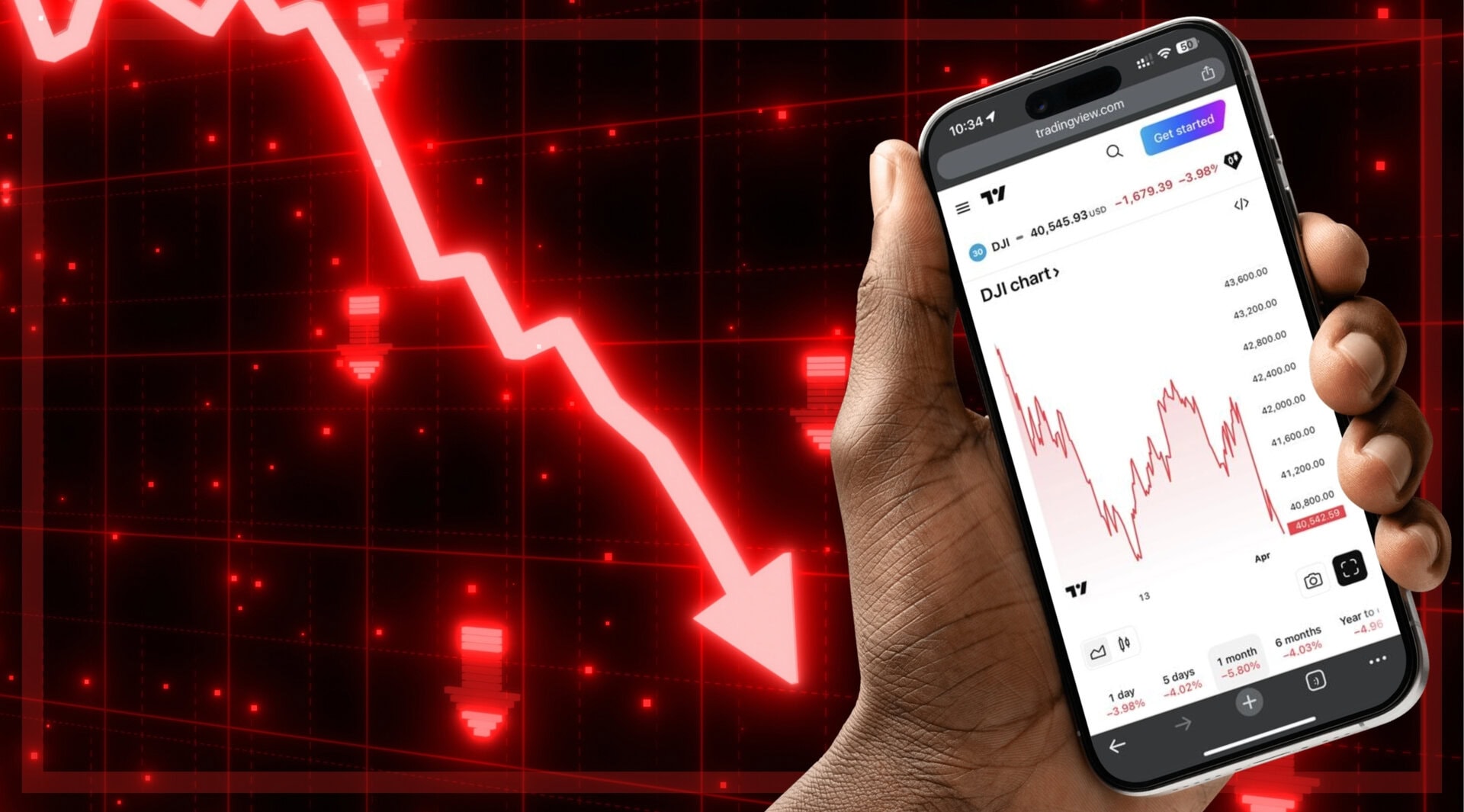By David Whitehouse
A fintech partnership is betting that Blockchain and a smart token can raise market access and raise incomes for Kenyan farmers.
Australia-based AgUnity is collaborating on the initiative with the Virginia Tech university in the US and Kenya’s Egerton University to improve agricultural production and distribution in the west of the country.
The project proves that Blockchain can be used to deliver “high quality, verified, trusted data for agricultural systems,” says Jessica Agnew, assistant director for research, operations, and program management at Virginia Tech’s Center for International Research, Education, and Development (CIRED). That data wouldn’t otherwise exist, and can be used to inform policy and decision making, she adds.
The AgUnity app has shown that it can raise incomes, reduce waste and improve food availability, Agnew says. It has also “made the agriculture system more participatory.” Corruption and exploitation by food brokers has been significantly reduced through blockchain technology, she says. This was achieved by creating a network of trusted actors, using standardized weights, and giving access to reliable market information.
Agnew has been to Kenya three times as part of the project, which was funded by the US Agency for International Development (USAID). The app being used was designed for use by farmers in remote areas who may not be fully literate. Small-scale farmers were previously price takers, and in some cases wouldn’t record or even remember the previous prices they accepted from traders for their produce.
But Blockchain gives them a permanent record, and also access to information about prices being paid across Kenya. “The information asymmetry is reduced,” Agnew says.
The project “has helped us to eliminate the broker, who exploited us in terms of prices and quantities,” says Beatrice Ochango, a vegetable producer at Butere in Kakamega in western Kenya. “We can now sell directly to traders in the AgUnity system who are trustworthy and give fair prices.”
Women farmers achieve higher social status and financial autonomy from having access to markets beyond their locality, Agnew says. The next stage of the research programme will assess how Blockchain can be used to deliver information on services such as information on how to grow crops. It will also seek to establish whether consumers are willing to pay slightly more for produce which has proven origins, as a possible step towards organic certification.
AgUnity was founded by CEO David Davies, formerly of Goldman Sachs, in 2016. The startup is currently seeking to raise $1 million in new funding. It has further Blockchain for agriculture projects in countries including Ethiopia, Uganda, Colombia and Indonesia. Jessica Agnew talks about the AgUnity project’s impact in Kenya a short video here:
Blockchain not Crypto
The initiative uses a smart token called AgriUT, a reward token which has been sent to over 400,000 farmers. The partnership argues that this creates an incentive for farmers to generate valuable data on their inputs and transactions. The tokens are billed as reducing the costs of transactions versus cash, while the AgriUT platform makes it possible to provide low-cost financial services for remote communities. Eventually, the plan is for the token to become useable in the community outside the platform.
Interest in Blockchain in Kenya is lagging behind fascination with crypto currencies. Kenya ranked fifth on the overall 2021 global crypto adoption index published by Chainalysis, behind Vietnam, India, Pakistan and Ukraine. In terms of peer-to-peer (P2P) exchange-traded volumes, Kenya came top, albeit with the ranking being weighted by purchasing power per head, and the size of the Internet-using population.
P2P cryptocurrency exchanges are often used because of lack of access to centralized exchanges, the research says. Kenya has also made it difficult for customers to send money to cryptocurrency businesses from their bank accounts, it adds.
Locals point to a need for education on the dangers of crypto. The reality is that about 80% of people in Kenya who are interested in crypto are approaching it in a “speculative” manner, meaning there is a lot of teaching to be done, says Brian Nyangena, managing partner at Bayes Consulting in Nairobi.
Wider adoption of Blockchain technology in Kenya will support long-term crypto performance, says Nyangena. The bigger issue, he argues, is that Blockchain can make Kenyan businesses more competitive and increase their access to capital. “Blockchain is ten times more important for Kenya than crypto.”
“Blockchain is ten times more important for Kenya than crypto.”
Farming standards, for example, can be instantly verified and made transparent. The government has to allow businesses to try out solutions on Blockchain, Nyangena says. He points to Kenyan companies such as Twiga Foods, which in 2018 rolled out a micro-credit solution for Kenyan stores developed with IBM.
Twiga, the Swahili word for giraffe, was founded in 2014. The company buys wholesale fresh produce and then sells it to smaller entrepreneurs, using blockchain to monitor orders, supplies, and payments.
There is a need to synthesise and scale up Kenya’s Blockchain learnings. Brian Sang, a blockchain consultant in Nairobi, cites the potential of the Dimitra token, which aims to enable smallholder farmers globally to mitigate risks, lower costs, and increase yields through data-driven farming methods. The government should consider following other African countries and “come up with a blueprint that will work for Kenya,” says Titus Kinyui, an independent financial advisor in Nairobi.
Blockchain can reduce fraud since there is an immutable track record of the goods and payments made, Kinyui says. Through blockchain technology, Kenyans can verify the origin and quality of imported products. “This will reduce the number of counterfeit products entering the country.”
Land Rights
Kenya, which today has 4.5 million smallholder farmers out of a population of nearly 56 million, has weaknesses in its land rights system which date back to colonialism. The British displaced local communities to make way for white settlers and established native reserves along ethnic lines. After independence, the state retained its land management powers, and land rights have often been bound up with ethnic and political mobilisation. The result is that land rights are weak and tenuous, and double ownership of land is a frequent issue. That is part of a wider problem in developing countries. The World Bank has estimated that 70% of the planet has little or no access to proper land titles.
In 2015, Kenyan schoolchildren were teargassed by police as they protested against the sale of their school’s playground to a private developer. The minister for internal security had to intervene to apologise and confirm that the playground belonged to the school. Less high-profile disputes may not be resolved, meaning a need for immutable records which Blockchain provides.
Hussein Allibhai, founder of Blockchain for Africa, points to Lands Layby, a Kenyan company which uses a shared ledger to keep records of land transactions. The company is incorporated in Kenya and Australia and also offers blockchain technology solutions to real-estate companies in Ghana, the UK and the US. Lands Layby’s use of Blockchain, Hussein says, can “cement property ownership rights.” Experts have also pointed to Blockchain’s “multi-signature” functionality as a means by which the land rights of women can be strengthened. Blockchain can accommodate a requirement for approval from multiple users before a transaction is approved. That can safeguard the land rights of women which might otherwise be disregarded.
Kenya’s government in 2018 set up a task force to study blockchain and its potential use in land registries. In 2021, it started a program to digitise the country’s land records. Blockchain can also be used to make various government services more efficient, Kinyui says. There are also potential political implications. At election time, a blockchain-based electoral platform would allow people to see a “real-time tally which cannot be rigged,” he argues. “The government should empower blockchain developers in the country and tap into their potential to develop a platform that the government and citizens can use.”
David Whitehouse is a freelance journalist in Paris and business editor of The Africa Report.
















2 Responses
Thanks, good content
Waaw glad that Jessica has been good for us thanks